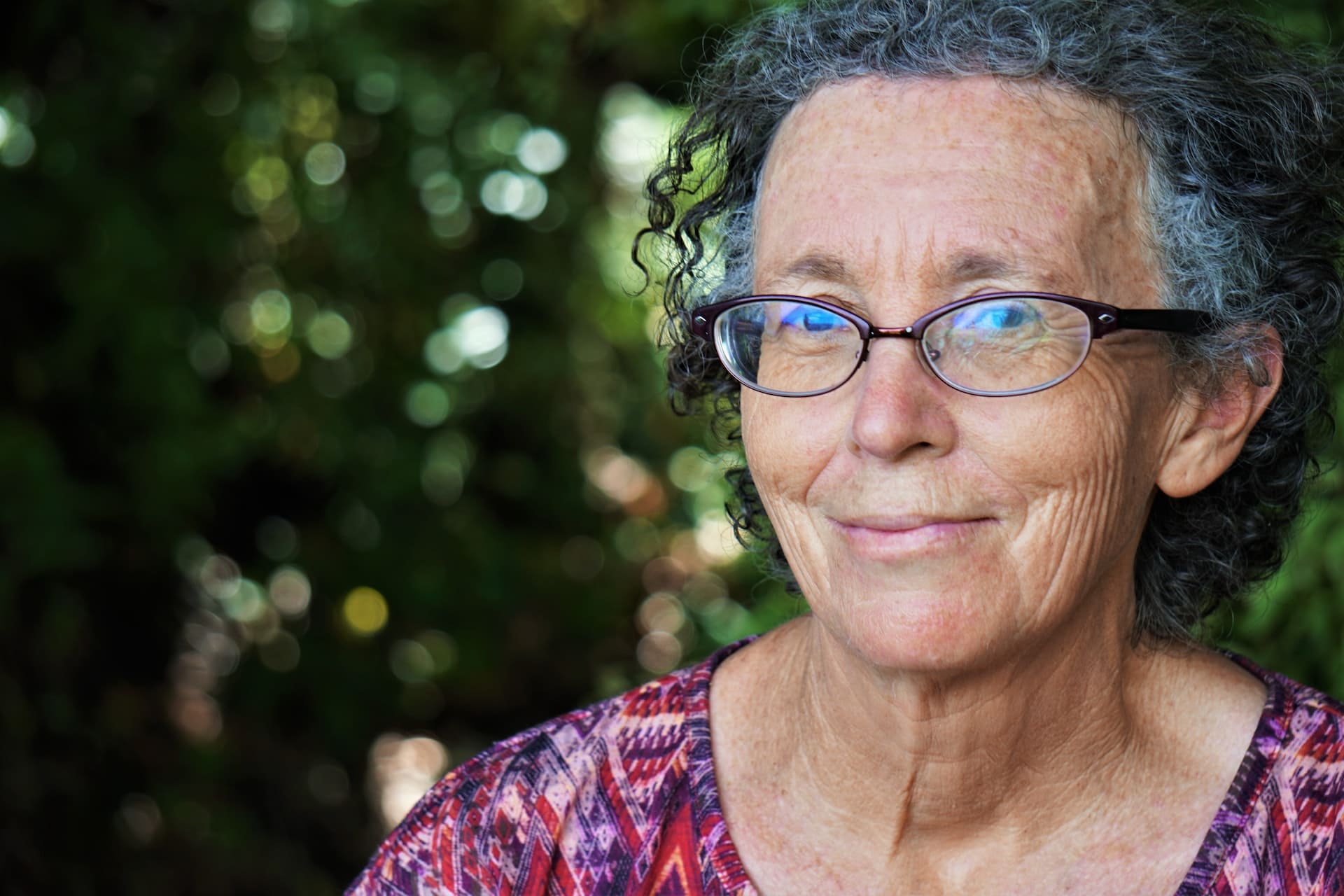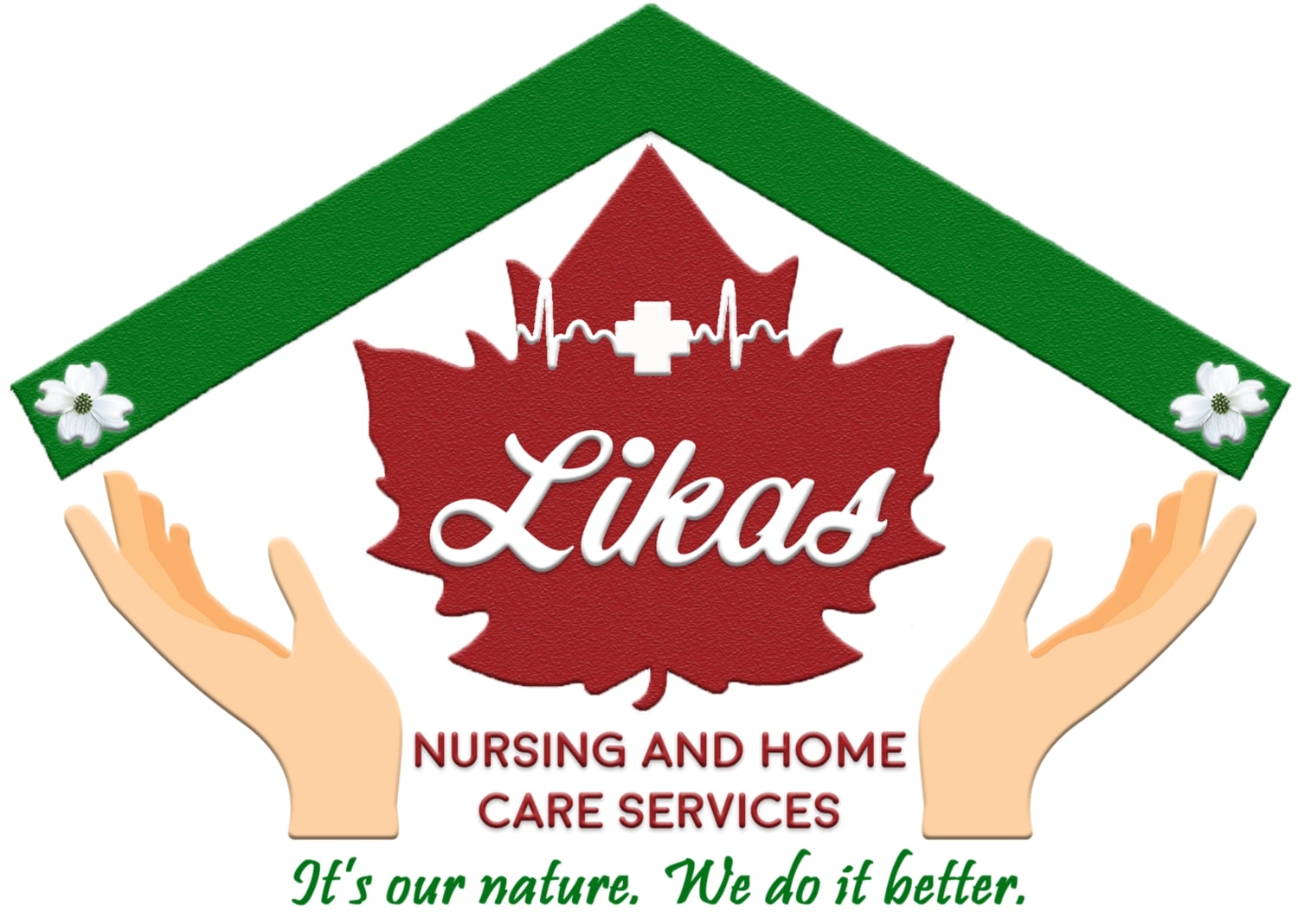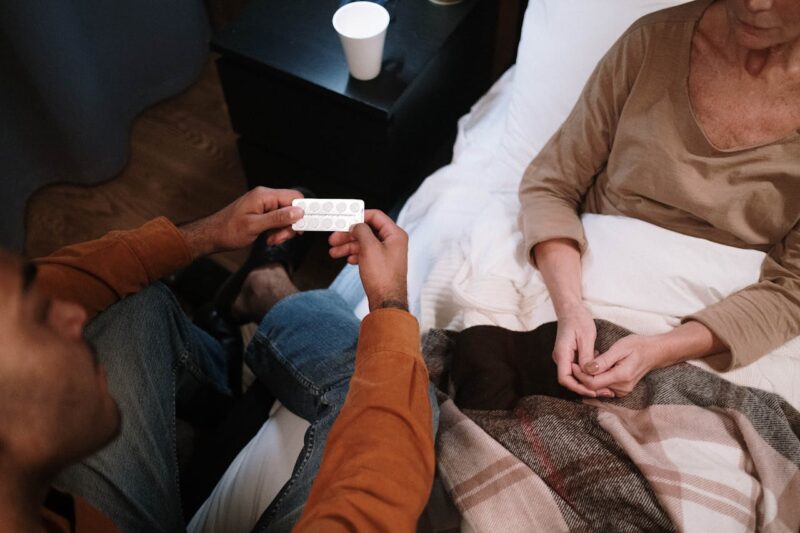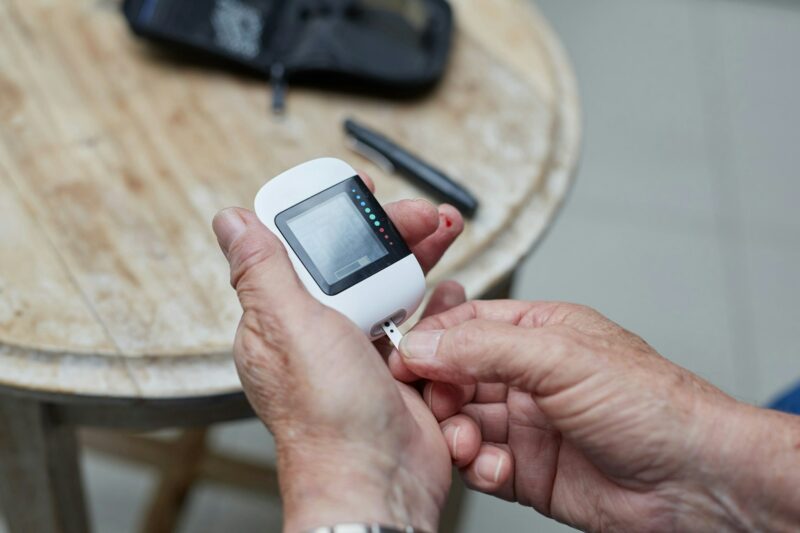
Ah, the golden years! Just when you think you have life better figured out and that you see more clearly, suddenly—you don’t. With the grace and wisdom of the years are age-related changes in the body, including that of our vision. Age-related changes in the eye can be inconvenient or can result in vision loss.
Because prevention is always better than cure, it is important that you are aware of these conditions and that you consult your eye doctor (an optometrist or ophthalmologist) at the first instance of eye trouble. Regular eye exams should also be completed to maximize early detection of these conditions.
1. Dry eyes
If you often have a stinging, burning, or gritty sensation in your eyes, you may have dry eyes. This can worsen with low humidity and contact lens use, as well as medications and other health conditions. But even without, most people over 65 years of age have trouble with dry eyes. This is because tear production and quality tends to decline as we age, especially over 40. In some cases, dry eyes overcompensate by excessive tearing. Dry eyes can be managed by over-the-counter drops, but if you find yourself using them more than six times a day, it may be time to consult a specialist.
2. Floaters
You know those tiny specks and squiggles you see floating in the air in front of you? Those are called floaters, and they come from changes in the gel in the back of our eyes. They’re normally harmless, although bothersome. However, if you have a sudden increase in floaters, or a curtain appearing over your eye, this could be a warning sign of retinal detachment. If this happens, seek urgent help.
3. Trichiasis
This is defined by eyelashes growing inward and toward the eye. This can cause irritation when the eyelashes rub against the cornea or the conjunctiva and, if it worsens, can even cause corneal abrasions. Trichiasis can be due to infection or trauma and, in elderly patients, is due to the eyelid sagging due to lost skin elasticity. When you consult an ophthalmologist for trichiasis, treatment will involve manually removing the inward-growing lashes using a miniature forceps.
4. Presbyopia
Have you noticed that your old prescription glasses suddenly don’t work and that you have been having trouble reading up close? This is due to the irreversible loss of the ability of the eye to accommodate, dur to aging. Our eye focuses differently depending on the distance of the object in question. To help you with presbyopia, special bifocal or multifocal lenses (or a simple pair of reading glasses) can be useful.
5. Cataracts
Cataracts can cause blurry or cloudy vision or can cause you to see haloes around objects, especially at night. This is because as we age, the proteins in the lens of the eye tends to break down and cause opacities, thereby changing how the eye refracts light. Other conditions that can influence faster cataract formation include taking corticosteroids and having diabetes. Cataracts are treated by surgery, where the ophthalmologist replaces our natural lens with an artificial lens.
6. Glaucoma
One of the leading causes of blindness in individuals over 60 years old is glaucoma, which is usually asymptomatic unless it is severe and needs management. Glaucoma is caused by the buildup of fluid in the anterior part of the eye, which increases intraocular pressure and slowly damages the optic nerve. Peripheral vision is usually lost first but, without treatment, glaucoma can cause total blindness. Intraocular pressures are checked every regular eye exam to screen for glaucoma.
7. Macular degeneration
Age-related macular degeneration (ARMD) is when the macula, which is at the center of the retina and is responsible for our central vision and color vision, is progressively damaged. Although there is no known cure, a healthy lifestyle and protecting yourself from ultraviolet radiation, as well as taking lutein supplements, may help reduce the risk of developing ARMD and slow down its progression.
Takeaway
Other diseases such as diabetes and hypertension can also cause ocular disease that could worsen with age. Depending on your overall health, you may then need more frequent visits with your eye doctor.
Should you need a companion for your visits to health professionals, as well as support with visual rehabilitation, Likas Nursing and Home Care is here to help you. Contact us for a free consult today!



